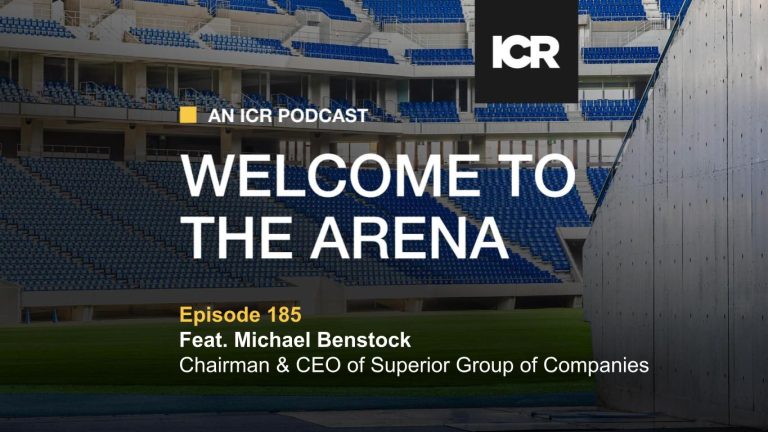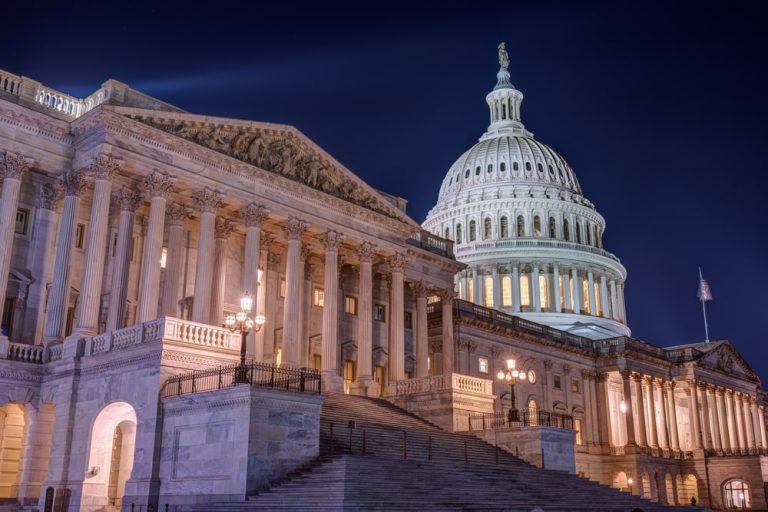Across sectors, companies continue to operate in uncharted waters as the COVID-19 pandemic has significantly impacted public health, disrupted the economy, upended social norms and dramatically altered how companies work and communicate with their various stakeholders.
Along with these impacts, COVID-19 delivered a fierce reminder of the importance of accurate and timely journalism, especially in times of crisis. Since mid-March, the virus has completely dominated national headlines, leaving many companies with the question, “What are the current rules of media engagement?”
While no one can say for certain, we can share our observations on how national broadcast media have shifted in recent weeks, and considerations companies and CEOs should make before engaging with media during the ongoing crisis.
Almost all featured CEOs have discussed how they are supporting their own workforce, with most citing employee safety and security as their top priority.
- Featured CEOs remain highly focused on identifying and pulling the various levers they have available to avoid layoffs and maintain business continuity. CEOs are being asked how their industry is being disrupted, to shed light on their plans moving forward and to comment on the sort of federal assistance needed – without going too far on what’s next, given so much is unknown. When asked when normalcy will resume, most are conveying positive, encouraging messages, but noting the crisis will likely forever change business. CEOs of industries benefiting from the “stay-at-home economy” are in high demand to discuss the potential boom – but with a very humble tone.
- CEOs are appropriately spotlighting efforts to respond to COVID-19: retail CEOs on producing masks and other equipment, restaurant CEOs on safety procedures, healthcare CEOs on managing the crisis, CEOs from a variety of industries offering free services and other efforts. Corporate announcements similar to these have legitimate news-value in the current climate and can be used to book CEO interviews.
- CEOs are primarily doing interviews from their home offices – some polished, some in their “natural state.” The interviews are mostly promotion-free (no branding behind the CEO), but we have seen a few with backdrops displaying logos and/or footage. For most networks, with the morning anchors at home, matching their home office backdrop feels most appropriate.
- In addition to COVID-19 containment and testing, a major editorial focus is workforces: who is getting furloughed, who is pledging “no layoffs,” worker strikes, keeping employees safe, etc.
- There is significant editorial demand for CEOs and directors of industry groups – the National Restaurant of Retail Federation, for example – who can speak credibly about an industry at large.
- Across networks, unless it’s a hyper-relevant expert, the thought leader from featured companies is the CEO. We are not seeing executive management being interviewed, at least for now.
- Tone of voice across CEOs reflects the seriousness of the issue, along with considerable empathy, but there is still room for humor and light banter. Joking about home offices, funny challenges, missing certain aspects of office life, etc., is working to balance the tension of the current environment.
- There is a high threshold for what warrants coverage related to COVID-19 support efforts. Basic corporate donations are not receiving airtime. More unique initiatives (special bonuses, supporting employees who can’t work from home, converting factories to make critical healthcare supplies, etc.) are what’s breaking through.
- The “good news” topic this past week was any positive developments in China as the country continues its recovery. Major media are looking to cover good news and success stories to balance out the negative.
Planning your media strategy for the next 90 days is highly dependent on your particular industry, given a majority are still assessing the impact of COVID-19. Overall, CEOs are reluctant to discuss with media long-term adjustments in strategy, simply because it’s too early. Additionally, unless they have a legitimate reason to be interviewed, CEOs in so-called “non-essential” industries should have modest expectations of national broadcast coverage for the foreseeable future.
Network-Specific Observations
- CNBC continues to be the first stop for CEO interviews, with a few outliers appearing on mainstream networks – Ford going on CBS and IBM on CNN first, for example. Mornings at CNBC are back-to-back CEO interviews, focused on topics including the overall impact of COVID-19 to their business/industry, potential layoffs, stimulus and business relief efforts and similar topics. Most anchors are hosting from home, including David Faber, Carl Quintanilla, Andrew Ross Sorkin, Sara Eisen and others, with a few still in-studio (Cramer and Kelly Evans, notably). Cramer is a proponent of the “no coronavirus-layoffs” CEO pledge, so guests can expect to discuss that topic, as well as questions on business relief efforts, of which he’s also a fan. Afternoon programs have a bit more flexibility for guests, with industry experts currently receiving the most air time. CNBC is open to interviews by phone.
- CNN – It’s a good time to have CEOs on Host Julia Chatterley is doing the many CEO interviews (via Skype) for her show “First Move,” as well as through appearances on other programs throughout the day. Other CNN anchors have either remained in-studio or are broadcasting from home offices or temporary sets. Afternoon programs including Jake Tapper’s “The Lead” are featuring experts on relevant subjects including working from home, dealing with kids out of school, maintaining good mental health during the crisis, etc., so there is more opportunity than usual to place experts on the main network.
- At MSNBC, Stephanie Ruhle is increasingly interviewing CEOs and covering business topics, marking a shift from her previous coverage, which was mostly political. She’s highly interested in how CEOs are supporting their workforces, but also doesn’t avoid asking tough questions on topics including layoffs.
- ABC sets a high bar for placing corporate news on Good Morning America. However, they are open to COVID-19 experts who have something unique to share.
- CBS — Tony Dokoupil is doing most CEO interviews for CBS – the exclusive with Ford CEO Jim Hackett on manufacturing ventilators, for example – and often focuses his interviews on aid packages and related small business topics. CBS is highlighting relevant news under a section (on air and online) called “The Race to Respond.”
- At NBC, the TODAY Show is beginning to consider topics related to COVID-19 tech innovations/businesses solutions and corporate philanthropy, whereas the past few weeks have been all health/breaking news 24/7.
- Bloomberg remains all business, all the time. Most hosts are doing webcam interviews, similar to CNBC, and on similar business topics.



